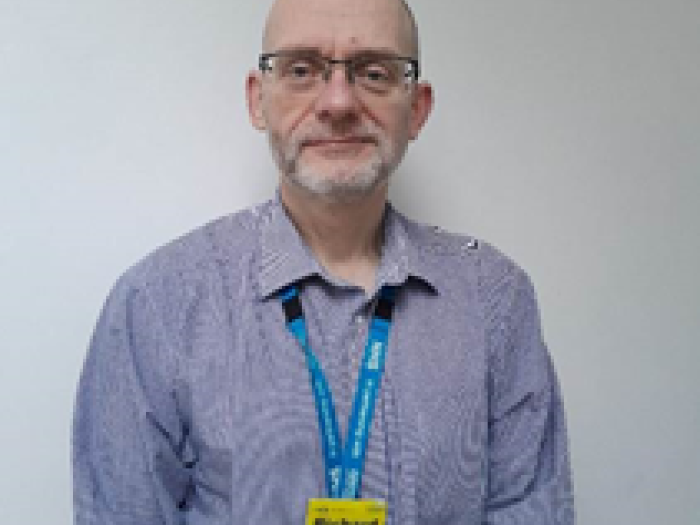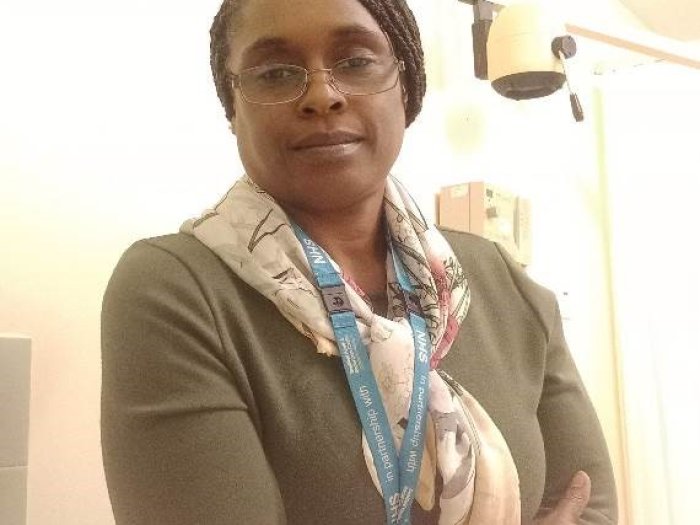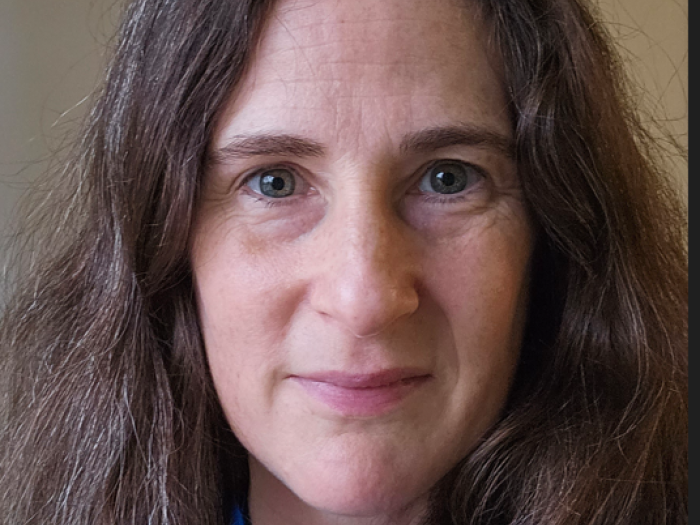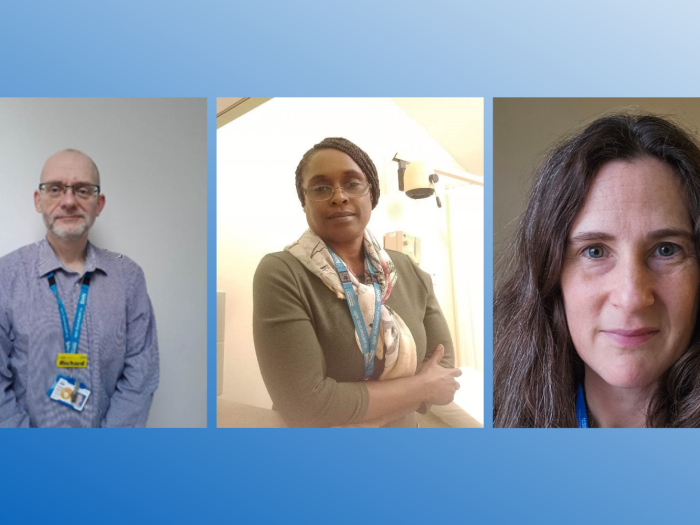This week (Monday 11 to Friday 15 November) is Psychological Professions Week and to celebrate we are showcasing some of our staff and highlighting their stories.

Richard Carter
Which team do you work in?
Specialist psychotherapy service (SPS)
What is your typical working week like? What do you do?
Most of my working week is spent providing individual therapy to service users accessing the service. I carry a caseload of service users that I see on a weekly basis either face to face or remotely.
In addition, I triage referrals (alongside colleagues) and conduct assessments. I provide clinical supervision and line management as well as attending team meetings.
How did you get into the job?
I initially trained as a mental health nurse (RMN) and worked on the wards in a forensic service. In 2003, I was offered a funded place on a cognitive behavioral therapy (CBT) (M.Sc.) course. After completion I continued to work in forensic services, as a CBT therapist, including being seconded to work in a prison and community forensic service. I came to work in SPS in 2015 and have subsequently trained in Eye Movement Desensitization and Reprocessing (EMDR) and Schema Therapy.
What do you like best about your role?
Being able to work closely with service users and help them overcome some of their long-term difficulties.

Paulette McDonald
Which team do you work in?
Primary and community mental health team.
What is your typical working week like? What do you do?
Attendance and participation in routine meetings such as multidisciplinary meetings/triage, where referrals are discussed, and appropriate interventions offered. Managing a caseload and offering 1:1 therapy interventions, screening /assessment. Regular supervision and peer support / reflective sessions and liaising and supporting the wider team i.e. team formulations.
How did you get into the job?
I worked in several jobs in the NHS, firstly in administration, then as a recovery worker. Once I finished my open university degree in psychology I wanted to progress as an applied psychologist and trained to be a CAP.
What do you like best about your role?
The opportunity to meet and work in primary care with people in their communities, particularly with people from diverse backgrounds. I enjoy working collaboratively with people developing treatment interventions. I also relish the opportunity to incorporate effective, evidence based psychological treatment approaches, which in turn develops my practice.

Dr Jo Varela
Which team do you work in?
The acute inpatient wards at the Michael Carlisle Centre
What is your typical working week like? What do you do?
Meeting service users and working with their ward care team to develop and lead care delivered under the mental health act
How did you get into the job?
I enjoy the teamwork necessary in acute care settings and have an interest in service user rights, reducing restrictions and trauma-informed care. I am a consultant clinical psychologist and went on to complete a portfolio of work to become an Approved Clinician, overseeing people’s care when they are detained under the mental health act.
What do you like best about your role?
The role is really varied, and service user centred, thinking about service user rights, risk, least restrictive alternatives, and ethics, as well as evidence-based mental health care.
